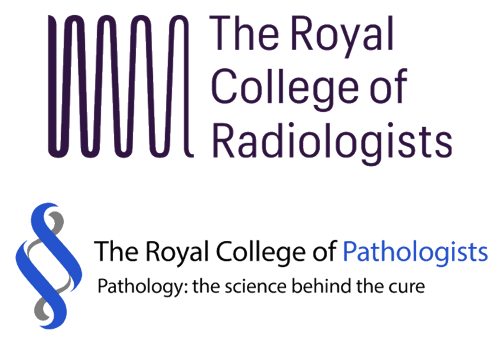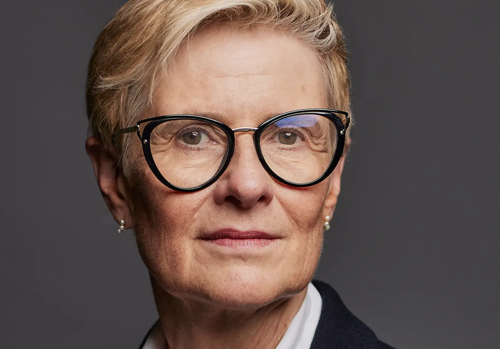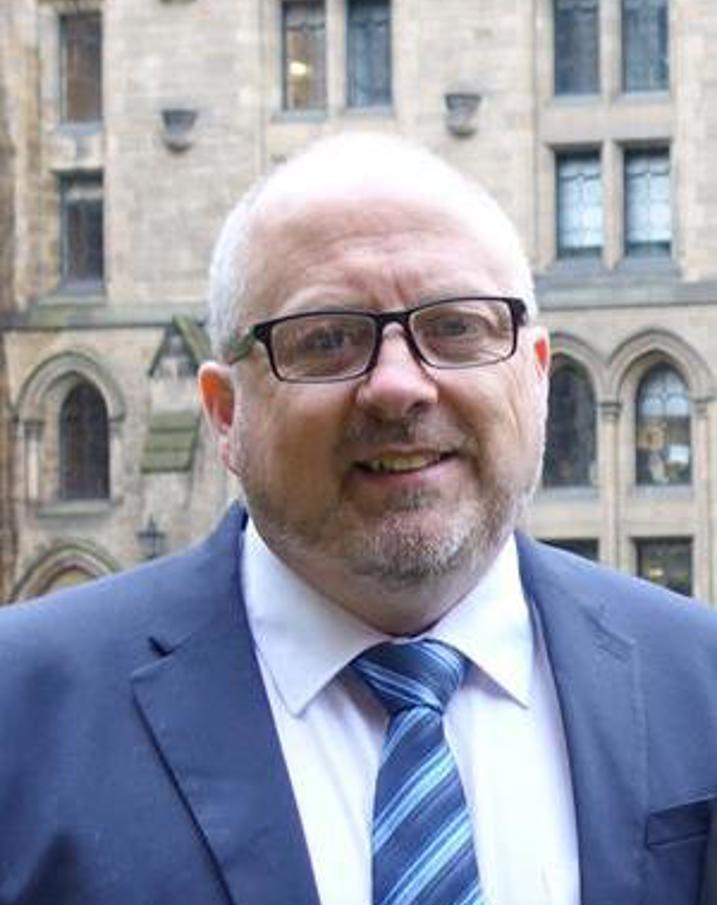Embracing AI to support the NHS in delivering early diagnoses
The Royal College of Radiologists and The Royal College of Pathologists have published a joint report following a meeting they co-chaired at 10 Downing Street to discuss the role of artificial intelligence (AI) in the NHS.
In October 2023, the RCR co-chaired a roundtable discussion in 10 Downing Street to discuss the promise AI holds for improving access to early diagnoses. The aim was to clarify the steps that need to be taken to get AI into clinical use in the NHS safely and efficiently. RCR President Dr Katharine Halliday and RCPath President Bernie Croal were joined by an expert panel of attendees including the RCR’s Dr Qaiser Malik, Medical Director for Membership and Business.
Our report sets out a shared plan of action for government, the NHS, and medical Royal Colleges to secure the benefits of diagnostic AI for our patients and the wider public. While there is great potential, progress relies on investment, planning, and the provision of modern IT systems.

We have written to the Secretary of State for Health and Social Care to share our report and highlight what steps now need to be taken. These include the need to clarify regulatory processes, provide funding support for pilot projects, do more to educate healthcare professionals and further investigate where AI would be of greatest benefit and what effects its introduction will have.
As technology-centric specialties, radiology and pathology are at the forefront of the AI revolution, which holds great potential to tackle bottlenecks at the diagnosis stage, leading to better health outcomes and shorter waiting lists. Given the significant pressures our consultant workforces face, it is vital that we capitalise on any innovations that could boost capacity in the system.
Many AI applications are already in use in radiology. The College is developing an AI imaging registry to provide a better picture of what AI tools are currently being used. We are also developing clinical guidelines for the use of AI in chest x-rays, as well as for auto-contouring in radiotherapy.
In cellular pathology, there is at least one AI application for grading prostate tumours currently being trialled, and within blood sciences, AI algorithms are able to identify the right patients for specialist treatment, making patient pathways more efficient.
Dr Katharine Halliday, President of the Royal College of Radiologists, said:
‘Rapid developments in AI have huge potential to improve patient care and maximise diagnostic capacity. Radiologists are at the forefront of these innovations but there is much work to do to make sure the NHS is ready to capitalise on them - with a 29% shortfall in radiology consultants in the UK this will be a challenge. Nevertheless the opportunity is too good to miss, these are exciting times and I hope this report spurs on the action required for us to make them most of them.’

Dr Bernie Croal, President of the Royal College of Pathologists, said:
‘Artificial intelligence has the potential to transform the diagnostic landscape, improving health outcomes and shortening waiting lists. While the advent of AI in pathology is very exciting, and the NHS could be a world leader in the development and use of AI in pathology, a great deal of work is required to get to the point where AI is fully developed and used safely in the NHS. Investment in digital pathology, joined up functional IT systems, which facilitate information sharing across organisations, as well as training for pathologists to understand and use AI, will all need to be put in place.’
